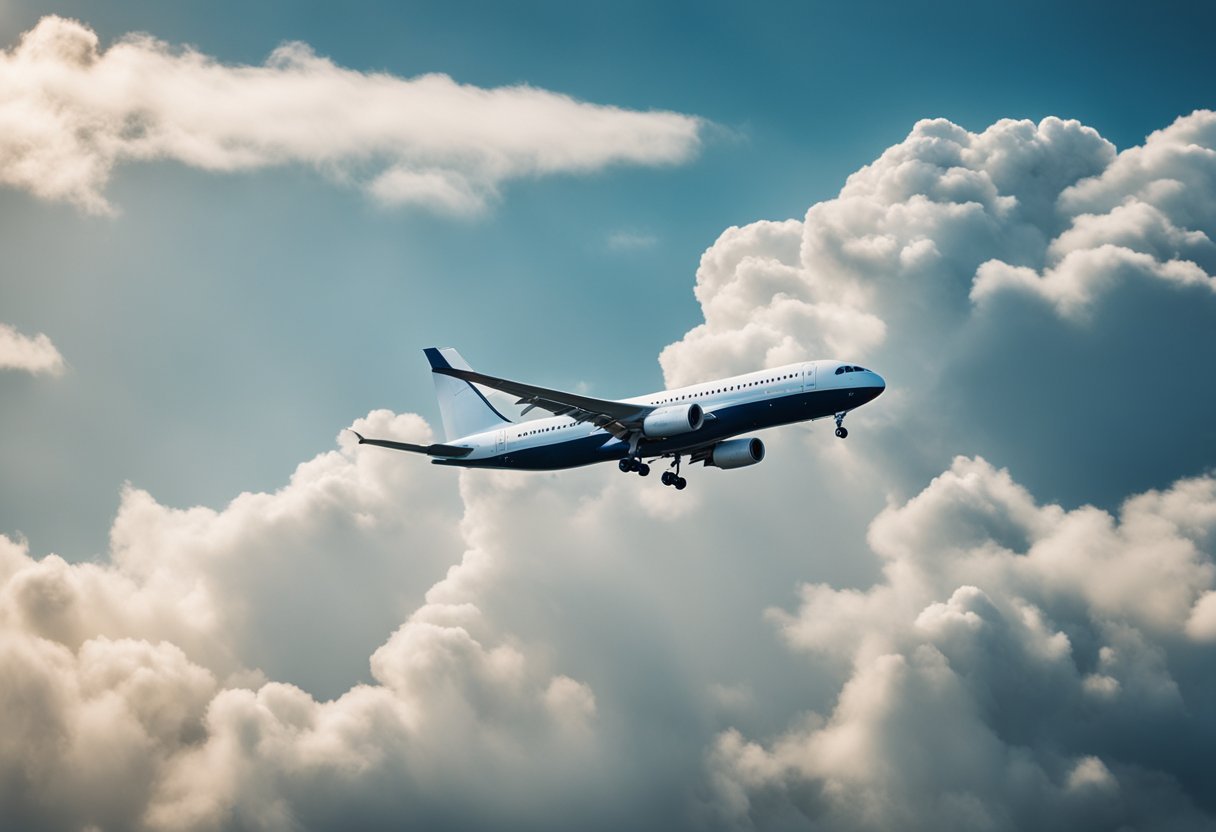As geopolitical tensions in the Middle East escalate, air travellers from the Gulf to India are grappling with significantly longer and more expensive flights. The unfolding conflict has led airlines to revise their flight plans, prioritising passenger safety over convenience, a decision that is reshaping travel for many families and business professionals.
The recent unrest—triggered by Iran’s missile strikes on Israel and subsequent military actions in Lebanon—has resulted in neighbouring countries closing their airspace. This has forced airlines to divert flights, complicating routes and extending travel times. The Indian government has responded with a travel advisory, urging citizens to avoid non-essential travel to Iran. “We are closely monitoring the recent escalation in the security situation in the region,” the advisory states, emphasising the importance of vigilance for those currently residing there. Airfares have surged dramatically in this climate of uncertainty. According to Google Flights, the cost of tickets to Tel Aviv, which typically ranged between ₹71,000 and ₹135,000, has now skyrocketed to over ₹222,000, with further increases anticipated. Passengers have expressed frustration at these soaring costs, with many feeling helpless in the face of circumstances beyond their control.
British Airways has affirmed its commitment to safety, stating, “Safety and security are always our highest priorities.” Similarly, Swiss International Air Lines (SWISS) has altered its flight routes to avoid airspace over Iran, Iraq, and Jordan, resulting in longer travel times to destinations such as Dubai and India. For instance, flight LX242 to Dubai was recently rerouted to Antalya for refuelling, exemplifying how geopolitical tensions directly impact passenger experiences. Airlines have suspended or significantly altered services to conflict-affected areas. KLM has halted flights to Tel Aviv until the end of the year, while Lufthansa has announced suspensions for flights to Beirut, Tel Aviv, and Tehran until late October or early November. Emirates has also cancelled flights to Iraq, Iran, and Jordan, extending its suspension to Beirut, while ITA Airways has paused its Tel Aviv flights until the end of October.
The emotional toll on passengers cannot be overstated. Many individuals, who rely on these connections for family and business, now face uncertainty and anxiety over travel plans. Stranded passengers during previous escalations in August highlighted the chaos, leaving many to navigate their own solutions in a foreign land. Public opinion reflects a mix of frustration and understanding. Many recognise the necessity of safety precautions but express disappointment at the lack of timely communication from airlines about changes. The collective sentiment underscores a yearning for stability in travel, especially for those with ties to the region. As this situation evolves, the challenges faced by air travellers serve as a reminder of the intricate connections between safety, travel, and global events. The hope remains that as airlines adapt, they will continue to prioritise passenger welfare while navigating this complex landscape.


